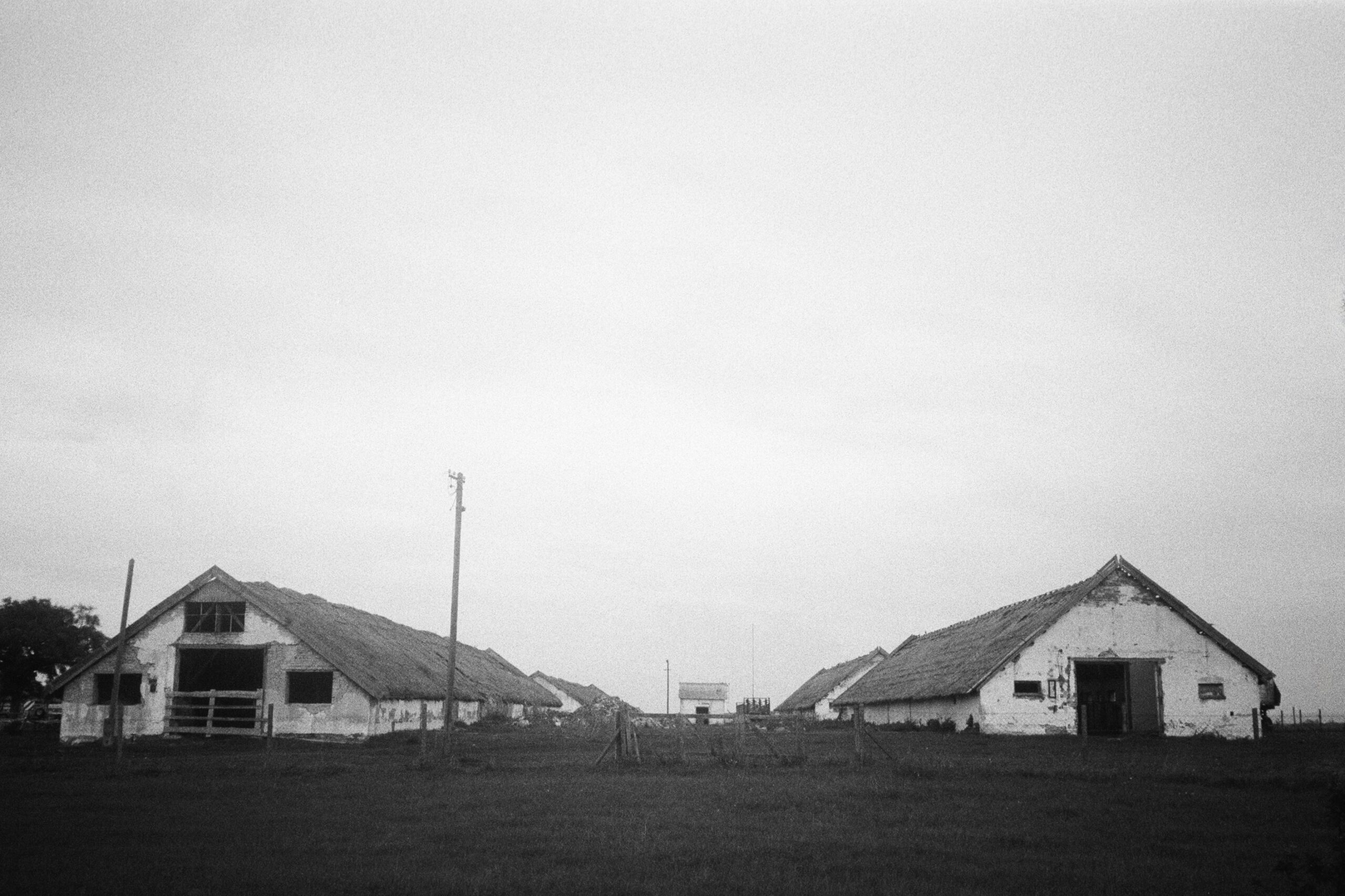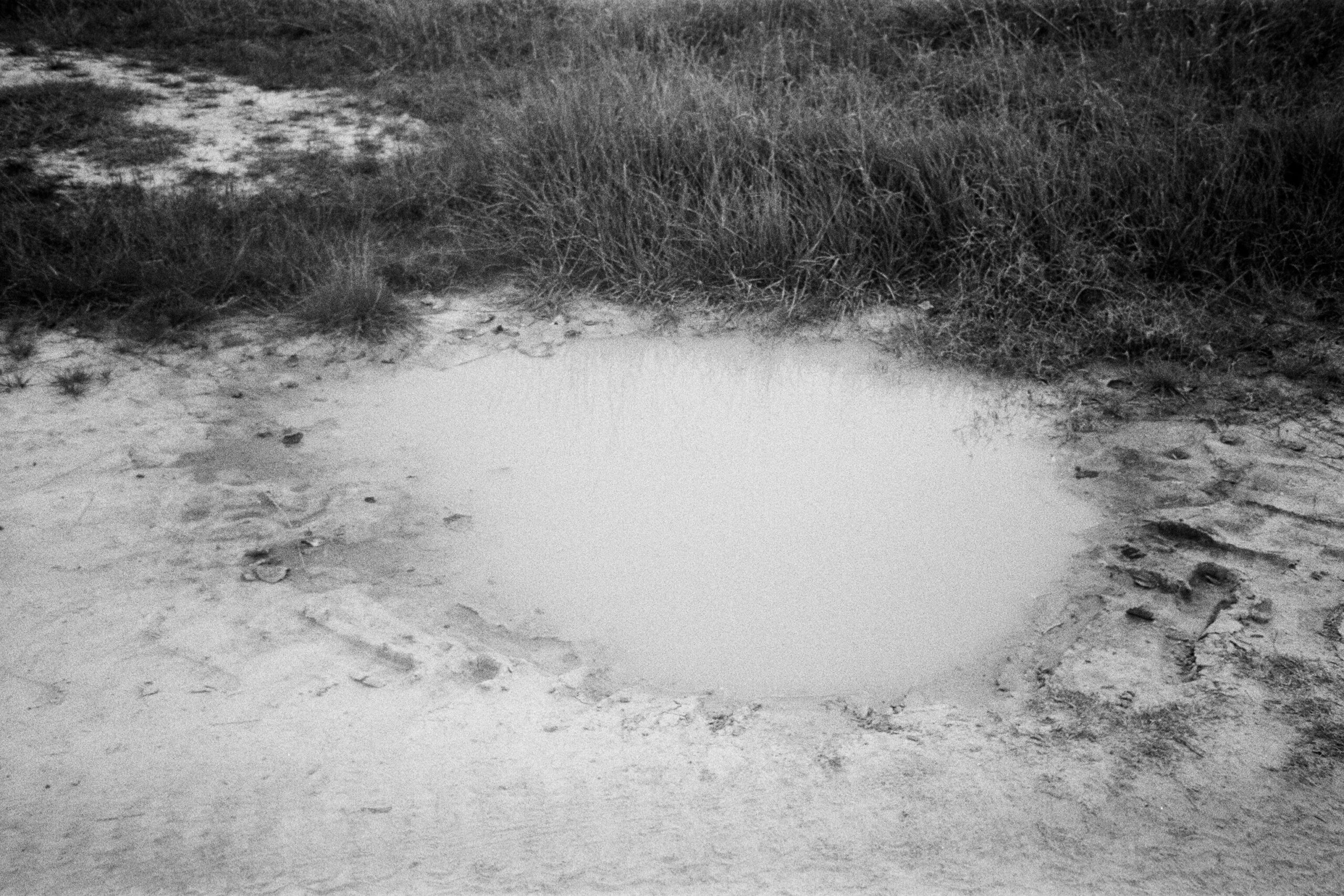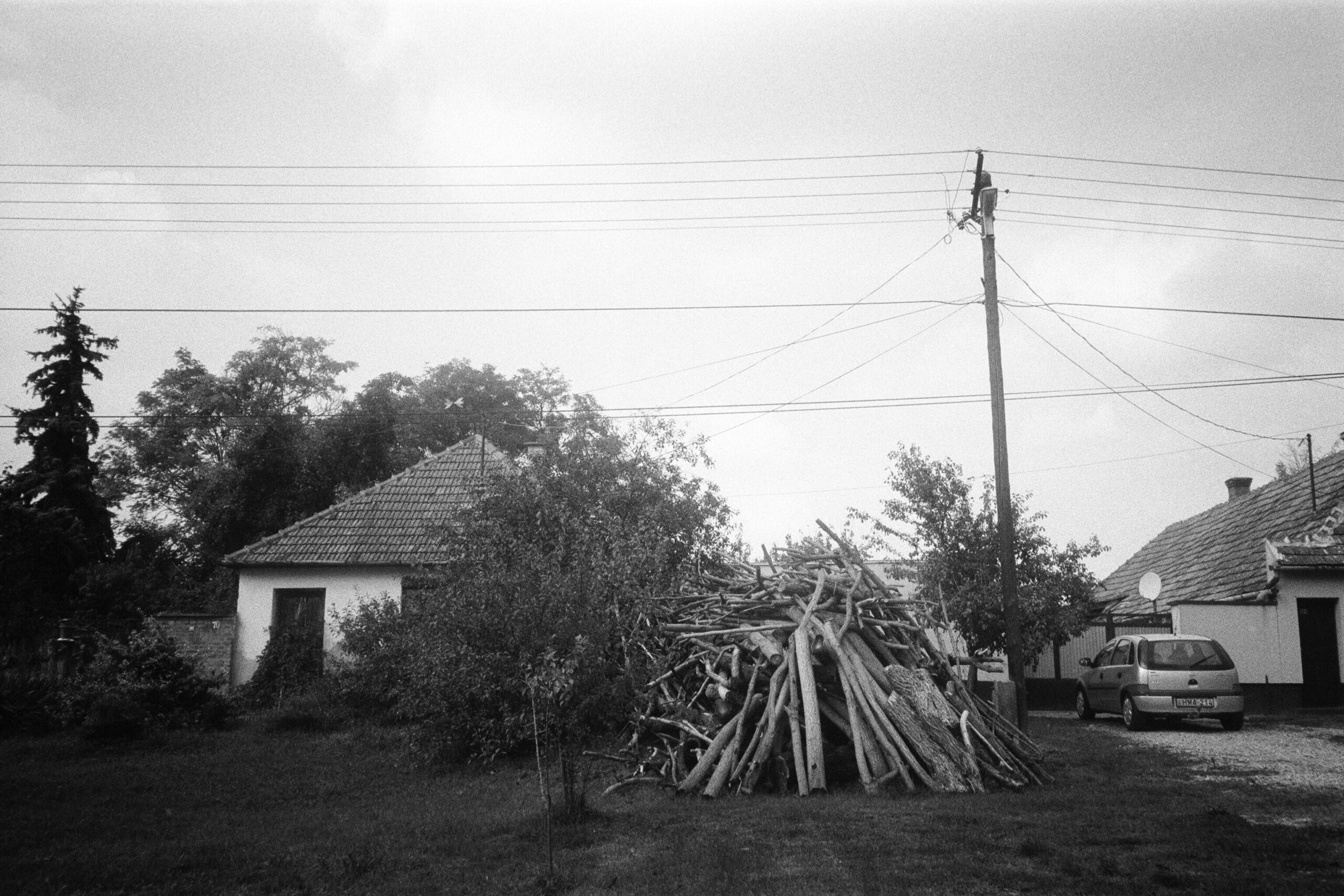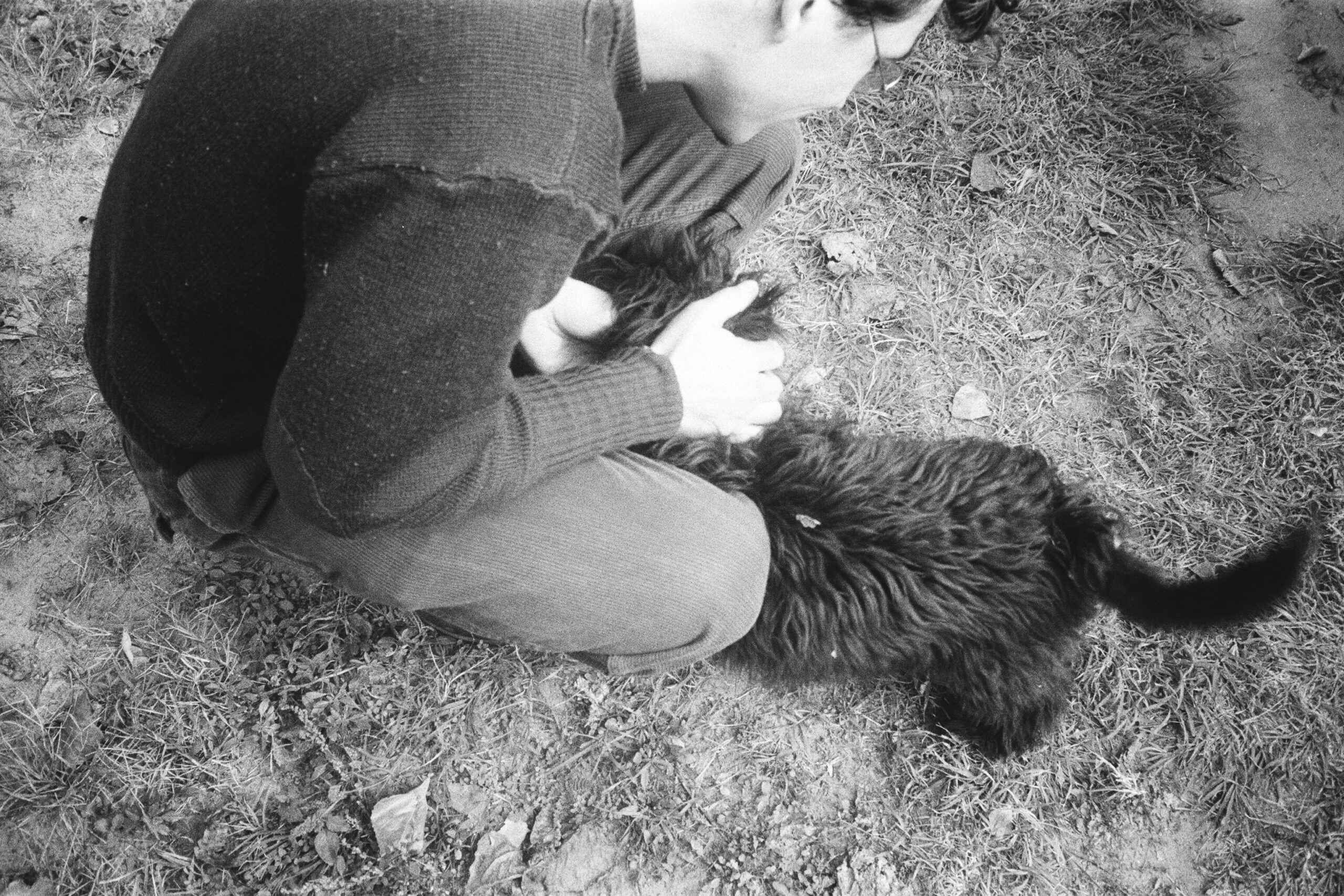Budapest
Anyone who wishes to know what I got up to in Budapest, need only follow the trail of my parking fines. They lead from Józsefváros in Pest, to Bikás park, to the scenic cliffs in Buda that look over the city, the slow ships on the river Danube, and the dark plains beyond.
Parking fines come in what resembles a dog waste-bag, tucked under the windshield wiper. Once you get one, you begin to see them everywhere. When you see a car with a pile of six or seven, you can’t help but wince in solidarity.
Why did I end up with so many parking fines, you might ask? Why not just pay for a ticket like everyone else?
I need only show you Budapest’s parking machines with instructions solely in Hungarian, looking like relics from the Communist times and you will understand my desperation. In the five minutes it takes to find, examine and stand gaping at the machine, a green bag will have already landed on the windshield.
A few streets in Józsefváros, where I’m staying, are being torn up and redone. When Friday evening comes, the street becomes still, and tools and materials are left here and there, waiting for Monday. When Monday comes, the workers return, and with them, the noise. After sitting for ten minutes on a bench in Józsefváros, a thin layer of dust has accumulated on my head and amidst all the working people, I look and feel useless.
From this bench, I watch construction workers who gaze at iridescent green beetles on the sidewalk. I watch the shadows of yellow honey-locust trees on the walls. I watch the ticketing officer on his rounds. He slips green bags under the cars with a mournful expression (he doesn’t look nearly as mean as I imagined). I watch old women with shopping bags swinging, propelling them forward, youths who trip over their legs, and middle-aged men who drag their feet as if they weighed a million tons. I watch fights between lovers and neighbours passing objects through windows. When it becomes night, the street-lamps grow so dim that it’s impossible to see anything at all.
Leaving Budapest
Thin October sun falls sideways into the Budapest train station. I stand amongst a mass of people at the end of the platform. We fidget in anticipation of whoever is coming or perhaps our own going. The station is quiet, and somehow provincial: people run over the tracks and slip between standing trains. When the train from Munich finally arrives, Andreas gets off, very pale. He has the flu. We decide to spend two extra days in Budapest to let him rest. It’s the weekend, so I don’t have to worry about parking fines.
We pack up on Monday, only to discover that the car won’t start. Neighbours help Andreas push while I ease the car into second gear. the car starts with a cough, and we glide out of Budapest and head south.
We follow a narrow road into the plains. Wild sloes and other plants we have no names for graze the sides of the car. At some point the road turns to sand, and darkness falls almost immediately. A dog with one eye appears out of this blurry darkness and runs in front of our front wheel and I get out to make sure we didn’t run over it, but it has disappeared entirely. Behind us, I only see the sand that we’ve kicked up settle on the acacias. The night air is damp and foul as a cellar.
The road continues a little ways, around a swamp, to the Panzio. A white dog the size of a young cow growls at us as we try to find the door, but remains lying down. Only in the morning I will see that it is chained to a tree. An old woman sits us at a table and brings two glasses of thin red table wine, a massive tureen filled with egg soup, and a plate of cabbage rolls. After supper, she brings an apple strudel as flat as the plains, and stands at the doorway while we eat it. At night, a layer of fog settles a few inches off the ground and the moon shines flatly on an acacia forest. At three or four, the fog parts a little and the moonlight makes ripples on the sand, as though we are deep underwater. I remember that this country used to be an enormous sea.






